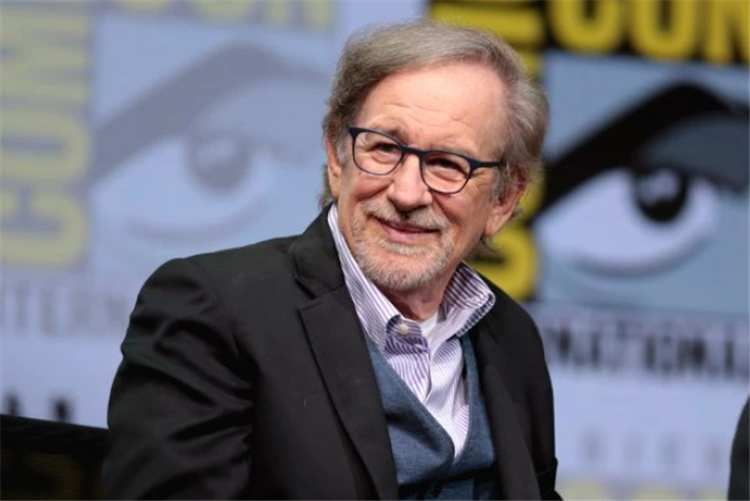There have been multiple instances in Hollywood’s entertainment industry where filmmakers had to bow down and sacrifice their creative takes on a story just because the studios didn’t share their vision with them. As a result, the films don’t turn out all too well because they lack the creativity that a director brings to the table. Something similar happened with Steven Spielberg as well.
This happened when the mastermind filmmaker joined the behind-the-lens crew of American Sniper to direct the movie. However, things took a turn for the worse, and Spielberg ended up leaving the project, with Clint Eastwood replacing him in the director’s chair. But even as Eastwood nailed it, the fact that Spielberg could have made it much more nuanced than what it came to be still stands.
Steven Spielberg’s Ideas for American Sniper Prove He Could Have Done it Better
For those who may not know, originally, American Sniper had legendary filmmaker Steven Spielberg at its helm, with the one taming the screenplay being screenwriter Jason Hall. And, throughout the time that he was on board, the director didn’t hesitate to amuse even the screenwriter with his skills.
As shared in an interview with The Hollywood Reporter, the Jurassic Park director had already read the real-life story on which the film is based, i.e. American Sniper: The Autobiography of the Most Lethal Sniper in U.S. Military History, and had some truly exceptional ideas on how to proceed.
These ideas included adding more depth to the storyline developed by Hall by focusing more on certain aspects. Like the “enemy sniper” in the script.
According to the details shared by Hall in the interview, Spielberg wanted to focus more on this particular “insurgent sharpshooter who was trying to track down and kill Kyle,” the protagonist of the story who underwent this situation.

As Hall explained the mastermind director’s vision:
[The enemy sniper] was a mirror of Chris on the other side. It was a psychological duel as much as a physical duel. It was buried in my script, but Steven helped bring it out.
Surprisingly enough (or perhaps unsurprisingly), that wasn’t the only idea the Jaws director had for adapting this storyline. If anything, he had ever-increasing ideas for it, and because of this, the page count of the script continued to grow as well.
However, the increasing page count meant greater investment, and the budget didn’t quite sit well with this demand.
According to the numbers mentioned in this story by THR, the budget that Warner Bros. ordained for the project was not a penny more than $60 million. And Spielberg, for one, couldn’t bring out this creative vision of his for the story through that meager budget.
Thus, he eventually dropped out of the project (as reported by Deadline), and the reigns were given to Clint Eastwood instead. But while Eastwood’s take was acclaimed too, there is no doubt that Spielberg could have made it even better.
Why Steven Spielberg’s Version Could Have Outshined Clint Eastwood’s

While it is a globally agreed fact by fans that legendary director Clint Eastwood aced his game with American Sniper as well, the film garnered quite a bit of criticism as well. Why? Well, because the legendary Eastwood’s version of the story seemed a bit too one-dimensional and lacked depth.
This comes from the reviews shared on Rotten Tomatoes, quite a few of which inevitably seem to point out this very feature of his film and how the enemy in the movie didn’t have any substance the way Spielberg intended to bring about and explore.
Comparing it with what the Schindler’s List director had in mind, the story could have taken a more in-depth and nuanced approach with a remarkable layer of reality to this iconic story than the one-dimensional and unexplored features that Eastwood’s version of the story held.
All in all, while Eastwood’s choice stuck close to the studio because he managed to not only make the movie for $58 million but also had it grossing around $547.6 million from global box offices (via Box Office Mojo), choosing Spielberg’s vision could have guaranteed even better success.
